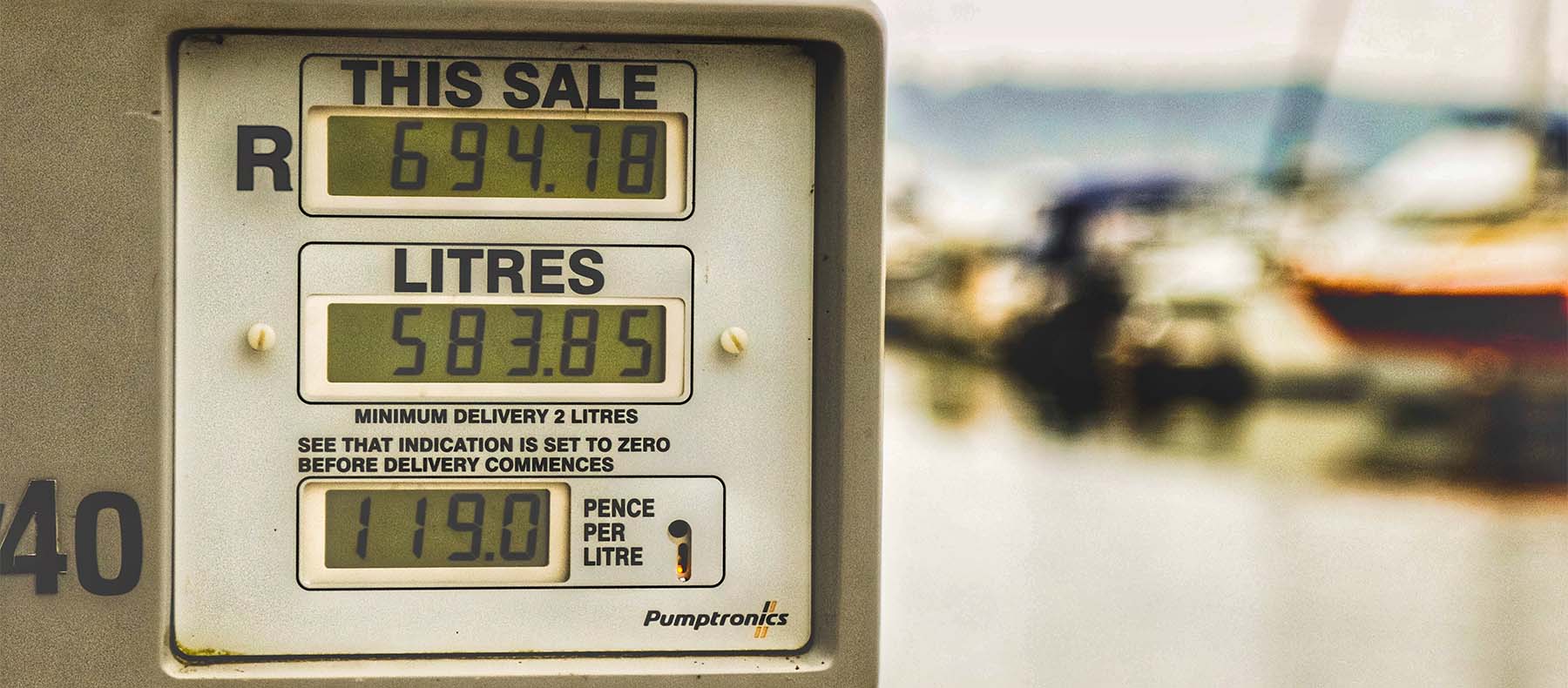‘Data’ has been a fleet buzz word for so long that it’s easy to forget data offers no value unless it is accurate. This is the catch that many fleet managers face: they have tons of data but no way of checking whether it’s accurate and they are turning to fleet data experts for help.
It’s a great idea to invest in fleet tracking and monitoring systems as this is the only way to keep tabs on everything that’s happening with your fleet. But, when you start drilling down into the numbers such as annual mileage per vehicle/monthly fuel consumption/individual vehicle running costs - how do you know whether the results are good or bad?
You need access to even more data such as industry averages, vehicle averages, year-on-year fleet spend that is calibrated for inflation and fuel price increases. No matter how much data you collect, it is only usable if you know exactly what it means and can put this information to use in optimising your fleet.
As with many industries, the overnight shift to remote working and social distancing meant all face-to-face meetings came to a halt. For companies such as Avis, which prides itself on building strong client relationships, this meant finding new ways to communicate and keeping on top of client needs.
Everyone from sales departments to support services had to ensure that regular remote client contact was diarised in advance and that there was no risk of instructions or important updates getting lost via virtual communication.
Making use of a system such as the Avis Mobile Inspection App allows fleet managers to schedule driver self-inspections. It is completely paperless and gives drivers the ability to complete vehicle inspections at a time that is most convenient for them. The fleet manager can track progress (completed vs incomplete) via an interactive web portal.
Fleet managers are usually overwhelmed with endless daily tasks and requests and it is easy for things to slip through the cracks. Working with a fleet partner such as Avis ensures that critical functions receive the attention and focus needed to improve overall fleet performance.
Customers who make use of Avis Pulse, for example, will get regular driver reports with drill-down functionality giving a good overview of specific driver behaviour that enables fleet managers to identify problem areas and possible training required.
Customised tracking reports are an excellent way to ensure you are collecting all the data required to optimise your fleet. Options such as specific vehicle tracking alerts keep you in control of your fleet, whether you’re working from home or the office.
Services such as Avis Fleet Interactive give you access to all your fleet information 24 hours a day. This portal gives fleet managers a single platform to manage all fleet operations, access reports, see vehicle and driver locations, track fuel costs and maintenance schedules, and keep track of all fleet expenses.
Again, all of the above systems rely on accurately tracking and interpreting all types of data. Without this ability the fleet industry would not have been able to adapt during the pandemic.
So how do you choose the right fleet partner?
The first step is to do your own evaluation of your fleet. Identify shortcomings, frustrations, and possible areas of improvement. Put together an ‘ultimate goal’ of where you want your fleet to be. Once you have this insight you are better prepared to find a fleet supplier that can work with you to optimise your fleet.
Whether you are looking for a new fleet partner, reviewing an existing contract, or looking for ways to improve your long-standing fleet partnership, the only way to know you’re on track is by asking the right questions. This is the only way for both parties to get a clear picture of your fleet needs and it will help you decide which fleet partner, or which contract option, is the best for your business.
What to keep in mind when choosing a fleet partner:
- Your fleet supplier must be able to show you a cost comparison between leasing and purchasing. They must be able to show you what you could save should you decide to go with a Full Maintenance Lease option.
- Your fleet supplier must show what they are offering you compared to banks or other leasing/fleet companies.
- They must be to lay out the risks and solutions related to your specific fleet. It’s an excellent indication that they will be able to help you minimise risk within your fleet operations.
- Can your contract be restructured to accommodate changes in your business?
- Can they manage all your fleet needs from tyre management to negotiating better insurance pricing?
- Are they able to do a detailed audit of your fleet and show you realistic avenues for reducing costs without affecting operations?
Again, these are just a few examples of topics that should be part of the discussion, but it all comes back to data: you want a fleet supplier that can take all of your fleet data and turn it into a solid fleet strategy that supports your business.
All fleets are constantly adapting in order to optimise operations and minimise costs. It’s an ever-changing environment and all fleets are different. This means you need a fleet supplier that can analyse your specific fleet needs and help you apply cost-saving solutions that don’t restrict your ability to operate and meet your customer expectations.



